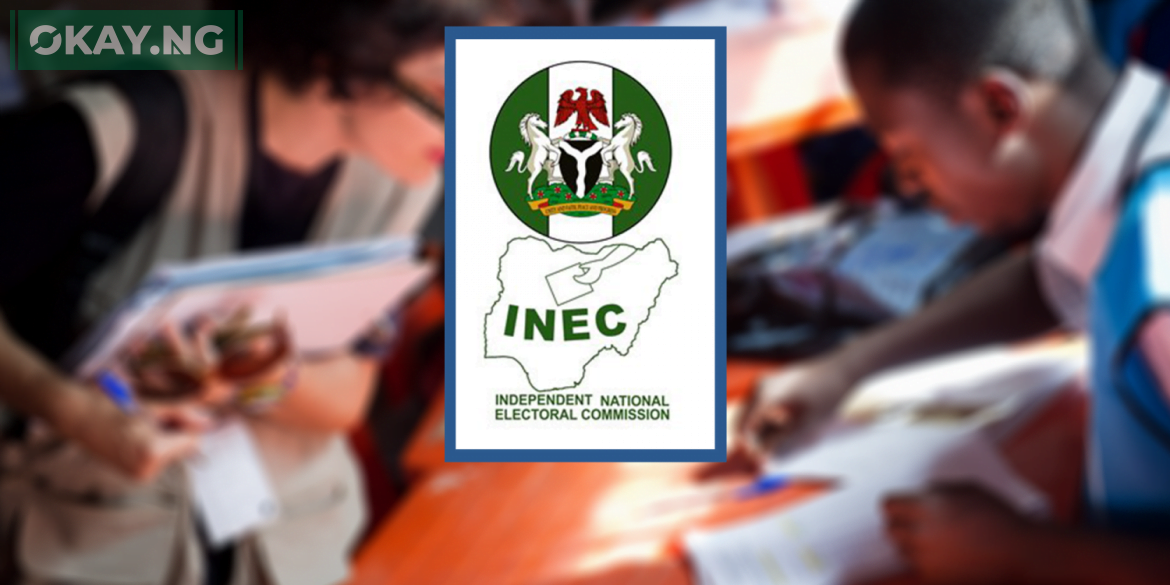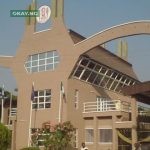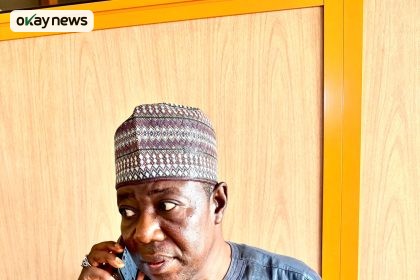The Independent National Electoral Commission (INEC) has rejected claims that Nigerians no longer have faith in the nation’s electoral system, stressing that recent statistics prove otherwise.
In recent weeks, civil society groups and faith-based organisations have raised concerns about what they describe as declining public trust in the electoral process. But the Chief Press Secretary to the INEC Chairman, Rotimi Oyekanmi, dismissed such assertions on Sunday, calling them baseless.
“The notion that Nigerians have lost confidence in the electoral process is more of a myth than a reality, as those who proclaim it lack convincing evidence to support it,” Oyekanmi stated.
He said the ongoing Continuous Voter Registration (CVR), which began on August 18, 2025, has shown overwhelming participation, particularly by young Nigerians. “On the contrary, the high level of participation by Nigerians, especially the youths, in the ongoing Continuous Voter Registration, which began on August 18 this year with online pre-registration, shows that citizens still have confidence in the process,” he added.
According to Oyekanmi, the online CVR portal went live at 8:30 a.m. on August 18, and by 3:30 p.m. the same day, 69,376 Nigerians had pre-registered. This comprised 33,803 males (48.7 percent) and 35,573 females (51.3 percent). Within one week, the figure rose to 1,379,342, and by September 1—just two weeks later—it surged to 2,532,062.
As of September 21, only five weeks into the exercise, 5,385,060 Nigerians had uploaded their details on the INEC portal. In-person registration, which commenced on August 25, saw 72,274 people completing the process in its first week, with total completed registrations hitting 764,695 by the end of one month.
“There is no African country with these types of voter registration figures within one month,” Oyekanmi stressed.
He further explained that Section 9(7) and Section 10(2) of the Electoral Act 2022 require every voter who pre-registered online to appear physically at a designated centre for biometric capture and completion.
Reflecting on the 2023 general elections, Oyekanmi said it was the most diverse in Nigeria’s democratic history. In the Senate, seven parties won seats: All Progressives Congress (59), Peoples Democratic Party (36), Labour Party (8), New Nigeria People’s Party (2), Social Democratic Party (2), All Progressives Grand Alliance (1), and Young Progressives Party (1).
The House of Representatives was even more plural, with eight parties represented: All Progressives Congress (177), Peoples Democratic Party (117), Labour Party (35), New Nigeria People’s Party (19), All Progressives Grand Alliance (5), African Democratic Congress (2), Social Democratic Party (2), and Young Progressives Party (2).
State Assemblies also reflected this diversity, with nine different parties represented. In governorship polls, the All Progressives Congress secured 16 states, Peoples Democratic Party won 10, Labour Party clinched one, and New Nigeria People’s Party also claimed one.
Oyekanmi pointed out that even recent bye-elections showed Nigerians were still actively participating. He criticised some activists, saying, “Ironically, some of the most ardent critics of INEC are also in the forefront of calling for electoral reform to transfer Local Government elections to the same commission. Surely, they cannot continue to walk on both sides of the road.”
okay.ng reports that INEC believes the consistent turnout in both national and local elections affirms that Nigerians have not abandoned faith in the ballot box.







